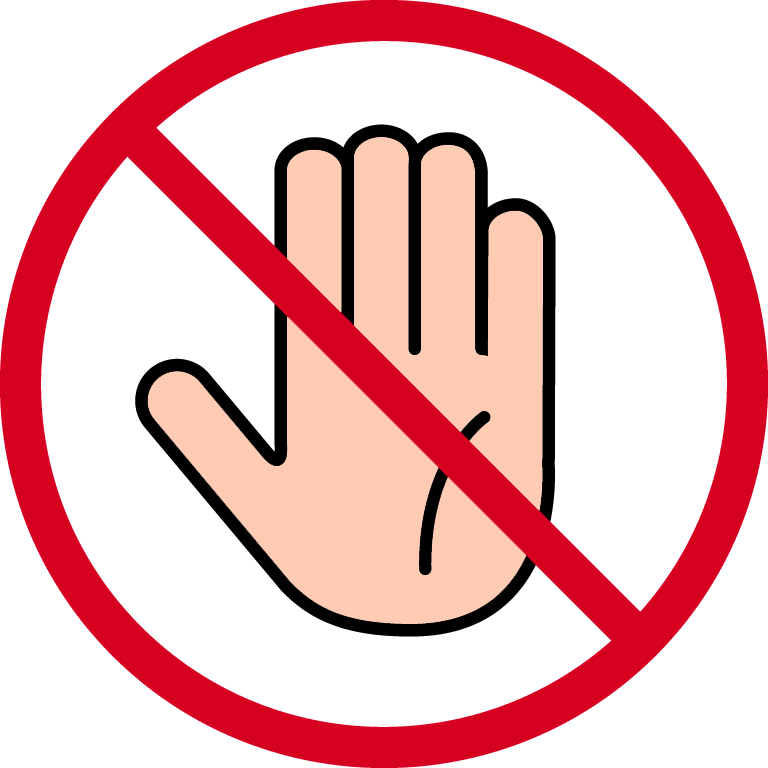The habit of discarding plastic bags after shopping remains common among locals. A study found that nearly half of consumers throw away at least four plastic bags each week. The research team pointed out that setting the charge for plastic bags at 20 cents or more could significantly discourage use and wasteful behavior.
A research team from the National University of Singapore recently surveyed 1,953 members of the public to analyze plastic bag usage and their acceptance of plastic bag charges.
The results showed that 26.8% of respondents discarded one to three plastic bags per week, 27.9% discarded four to seven, 13.9% discarded eight to 14, and 7.4% discarded 15 or more per week. Additionally, 24% were more environmentally conscious, discarding only one to three bags per month. The research team did not investigate the specific reasons why respondents discarded the plastic bags.
Regarding acceptance of plastic bag charges, 34.6% of respondents were willing to pay up to 10 cents, and 23.4% were willing to pay up to 5 cents. However, when the charge was raised to 20 cents, the willingness to pay dropped sharply to 10.7%; if the charge exceeded 20 cents, only 4.4% were willing to pay. Another 26.9% of respondents were completely unwilling to pay for plastic bags.
Since July 2023, large supermarket chains with annual sales exceeding 100 million SGD have been required to charge at least 5 cents per plastic shopping bag. This regulation covers nine groups and 17 brands, accounting for about two-thirds of supermarket outlets nationwide.
Associate Professor Wang Jinbin from the Department of Civil and Environmental Engineering at NUS, a member of the research team, said in an interview that setting the charge at 20 cents or more can effectively reduce plastic bag usage, but the policy should balance environmental goals with public acceptance.
He believes that gradually increasing the fee and introducing incentive mechanisms—such as offering discounts for using personal bags—would help guide people to change their habits while reducing their financial burden and "easing dissatisfaction."
Supporters of Plastic Bag Charges Not Always Willing to Pay
Notably, those who support plastic bag charges are not necessarily willing to pay for them. The survey showed that among supporters of the charge, more than 20% were unwilling to actually pay; even among strong supporters, nearly 10% shared this sentiment.
The research team explained that while these individuals agree that charging for plastic bags is environmentally beneficial, they prefer to respond by bringing their own bags rather than paying extra. In other words, supporters of the policy may not want to spend more, but they are willing to change their behavior.
Wang Jinbin pointed out that while charging fees can initially encourage reduced plastic bag usage, over time, as people become accustomed to the fee, the habit may revert. “If people are not motivated to maintain the change or offered incentives, the policy could gradually lose effectiveness.”
In addition to setting reasonable charges, Wang emphasized the need to consider low-income groups who are more sensitive to price, to avoid increasing their cost of living. He stated that the ultimate goal of the policy is not to collect fees but to reduce plastic bag usage and encourage people to bring their own reusable bags.
He believes that the key to improving policy effectiveness lies in ongoing public education, especially tailoring approaches to different groups.
He said: “We hope the findings will help policymakers understand how different groups view the plastic bag charges and optimize the policy accordingly, such as launching targeted awareness campaigns.”
Housewife Yan Jiaming (45), in an interview, said she usually brings one or two reusable bags when shopping for daily necessities and only pays for plastic bags when she buys a lot.
“In addition to supermarket plastic bags, I also keep bags from buying bread or takeout food for reuse as trash bags.”
Yan's household of five produces a fair amount of daily waste—she typically throws away two to three bags of trash per day.
Commenting on expert suggestions to raise the fee further to reduce plastic bag usage, she admitted it could affect her usage habits. “I would reduce my usage, but I’ll still need to use them when necessary. Unless garbage can be disposed of directly, we still need plastic bags for trash.”
















